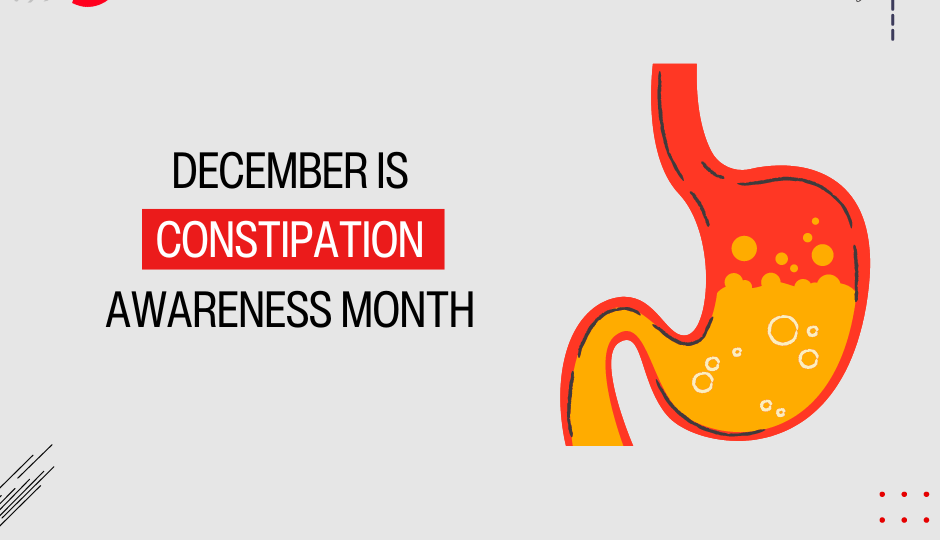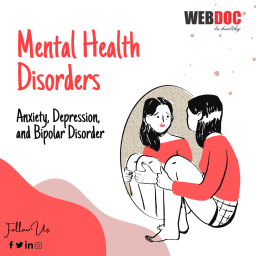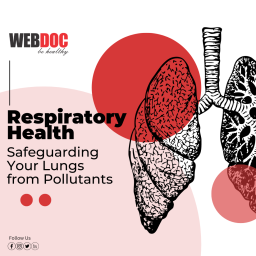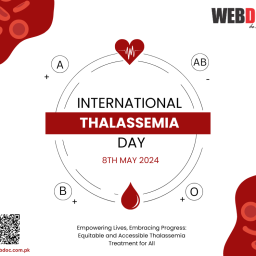Understanding, Preventing, and Managing
Constipation is a common digestive issue that affects people of all ages. To raise awareness about this often-overlooked health concern, December is designated as Constipation Awareness Month. This month-long observance aims to educate individuals about the causes, symptoms, and preventive measures associated with constipation.
Understanding Constipation
Constipation occurs when bowel movements become infrequent or difficult. This can lead to discomfort, bloating, and abdominal pain. Various factors contribute to constipation, including a lack of fiber in the diet, dehydration, sedentary lifestyle, certain medications, and underlying medical conditions.
Common Causes of Constipation
- Dietary Factors: Insufficient fiber intake can lead to constipation. A diet low in fruits, vegetables, and whole grains may contribute to digestive issues.
- Dehydration: Lack of proper hydration can make stools harder and more challenging to pass.
- Inactivity: Physical activity helps stimulate bowel movements. A sedentary lifestyle can contribute to constipation.
- Medications: Some medications, such as certain pain relievers, antacids, and antidepressants, may cause constipation as a side effect.
- Medical Conditions: Conditions like irritable bowel syndrome (IBS), hypothyroidism, and neurological disorders can contribute to chronic constipation.
Symptoms of Constipation
- Infrequent bowel movements
- Difficulty passing stools
- Abdominal discomfort or pain
- Bloating and gas
- Straining during bowel movements
Preventive Measures
- Fiber-Rich Diet: Increase fiber intake by incorporating fruits, vegetables, whole grains, and legumes into your diet.
- Hydration: Drink an adequate amount of water throughout the day to keep stools soft and easy to pass.
- Regular Exercise: Engage in regular physical activity to promote healthy bowel movements.
- Establish a Routine: Set aside time for a regular bathroom routine, especially after meals.
- Limit Certain Foods: Reduce the intake of processed foods, dairy products, and caffeine, which can contribute to constipation.
When to Seek Medical Attention
While occasional constipation is common and often manageable with lifestyle changes, persistent or severe symptoms may require medical attention. Consult a healthcare professional if:
- Constipation lasts for more than a few weeks
- There’s blood in the stool
- Severe abdominal pain or cramping occurs
- Unexplained weight loss accompanies constipation
Spread Awareness
During Constipation Awareness Month, individuals, healthcare professionals, and organizations work together to spread awareness about the importance of digestive health. Public campaigns, educational events, and social media initiatives play a crucial role in disseminating information.
Conclusion
Constipation Awareness Month serves as a reminder to prioritize digestive health and adopt preventive measures. Understanding the causes and symptoms of constipation empowers individuals to make informed lifestyle choices that can contribute to overall well-being. By fostering awareness and encouraging open conversations about digestive health, we can work towards a healthier future with fewer cases of constipation and improved overall gastrointestinal wellness.

















